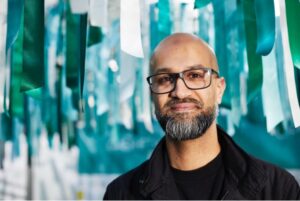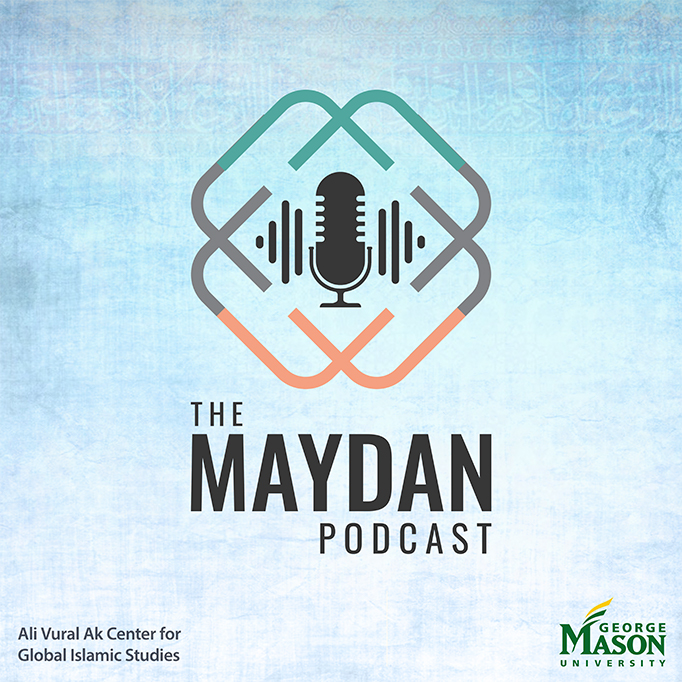
In episode 9 of the “Islam on the Edges” podcast, Dr. Ermin Sinanović talks with Dr. Asim Qureshi about the racialization and securitization of Muslims after 9/11. Dr. Qureshi is the Research Director at the CAGE advocacy group in the United Kingdom. He talked about the struggle for justice for the oppressed and unjustly accused during the war on terror. He highlighted the abuses of power and the breakdown in the rule of law that emerged in Western liberal democracies post-9/11. A deep contemplation of the Qur’an has led Dr. Qureshi to emphasize justice, resist the neoliberal order, and praise the virtue of disobedience in the face of grave injustice and oppression.
Welcome to episode 9 of Islam on the Edges channel of the Maydan Podcast, a project by the Abu Sulayman Center for Global Islamic Studies at George Mason University in Virginia. I talk to Dr. Asim Qureshi.
It is often said that 9/11 changed everything. The former Prime Minister of the United Kingdom, the unindicted war criminal Tony Blair, said after the 7/7/2005 bombings in London, the “rules of the game” have changed. This prompt provided the title for Dr. Asim Qureshi’s first book, “Rules of the Game: Detention, Deportation, Disappearance.”
In this episode, Dr. Qureshi and I discuss how 9/11 and the ensuing atmosphere of anti-Muslim propaganda in Western democracies negatively impacted the rule of law in his native England and worldwide. He chronicles some of the most egregious violations of the rule of law during the so-called “war on terror.” Dr. Qureshi reflects on his work with the CAGE advocacy group in the UK. CAGE “works closely with survivors of abuse and mistreatment across the globe, documenting their abuse and enabling them to take action and access due process.”
Out of these experiences, Dr. Qureshi developed a strong ethic of advocating for abused and mistreated detainees. He also refuses to play the condemnation game, whereby Muslims are often called to condemn violent acts allegedly perpetrated by other Muslims in the name of Islam. Once, while listening to the Friday prayer sermon or khutbah with his children, he heard the Imam (prayer leader) calling for absolute obedience to authorities, even if they were unjust. This event led him to contemplate the virtue of disobedience in the face of grave injustices.







